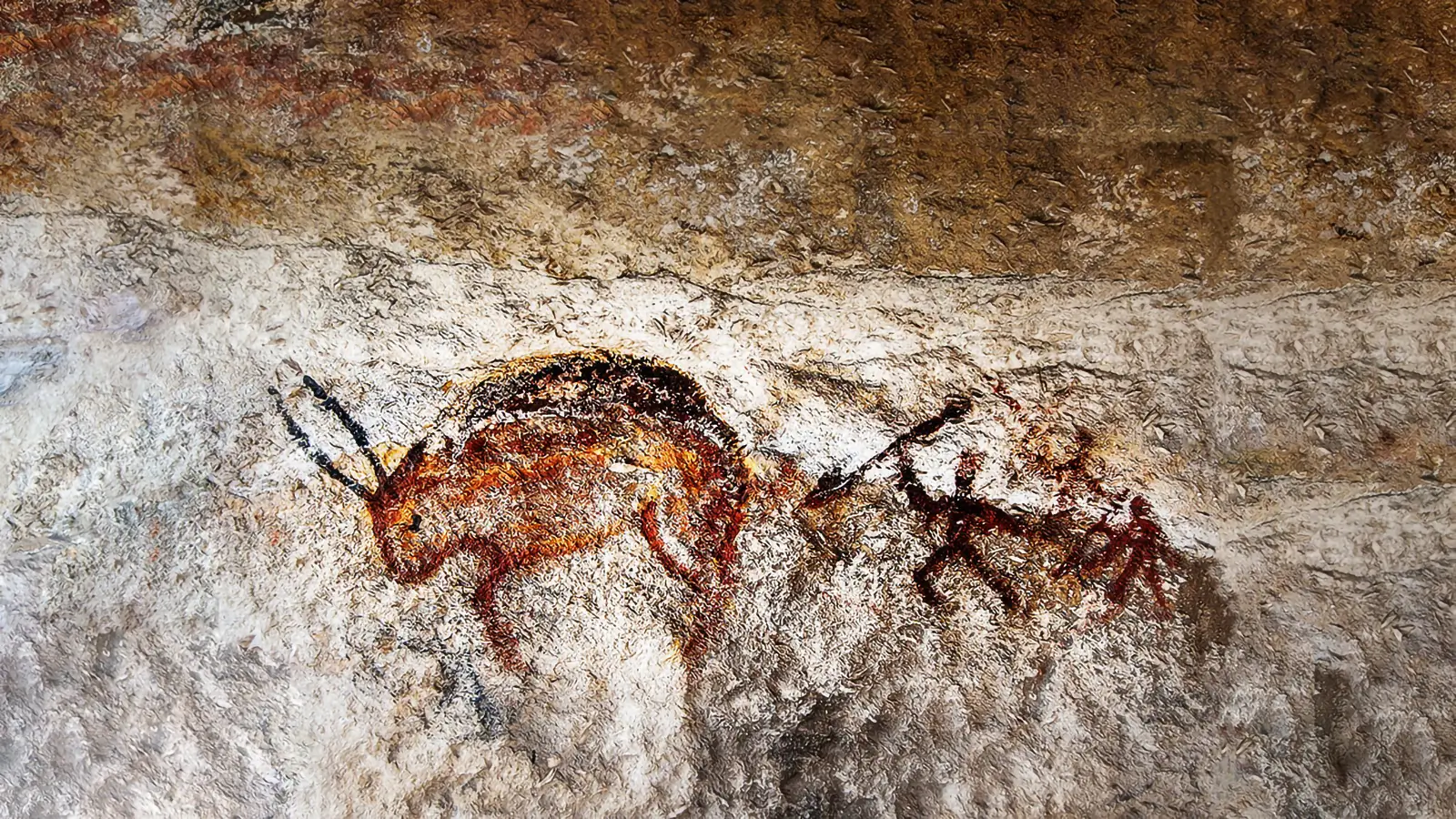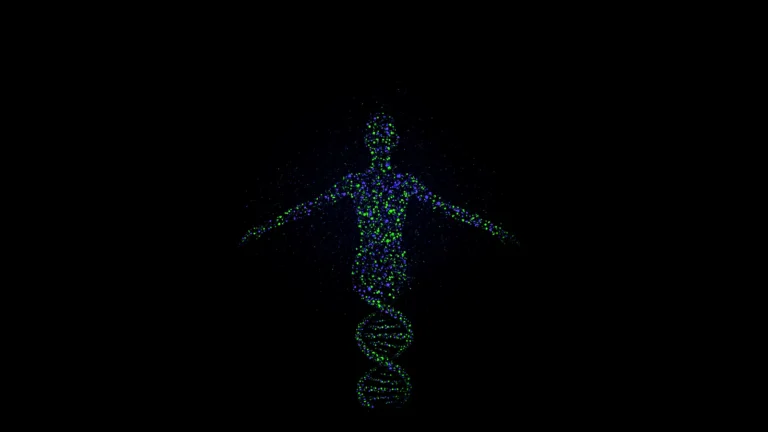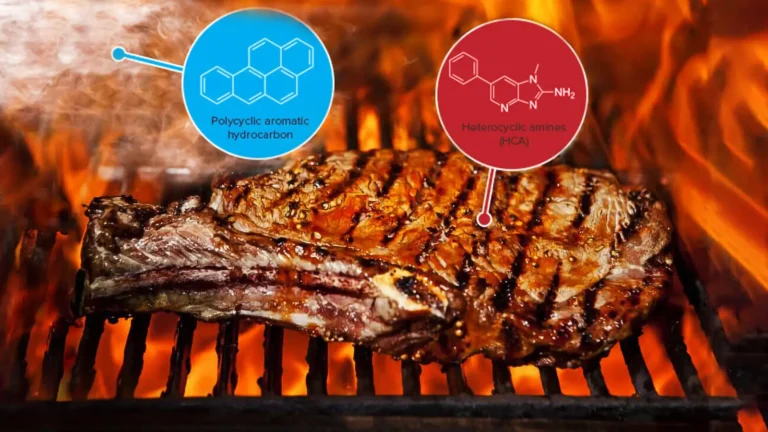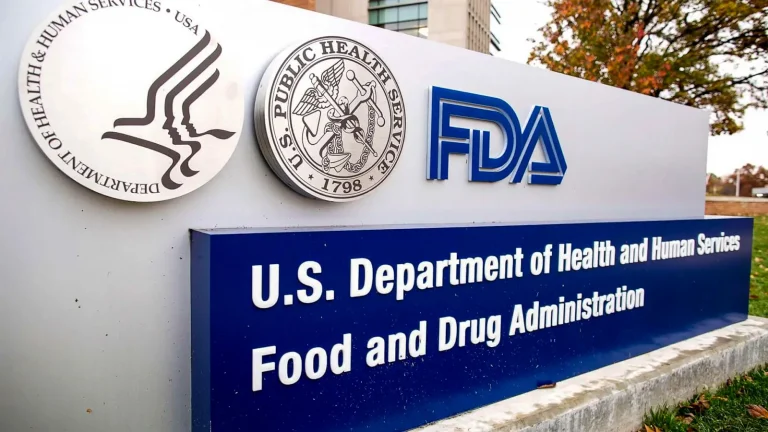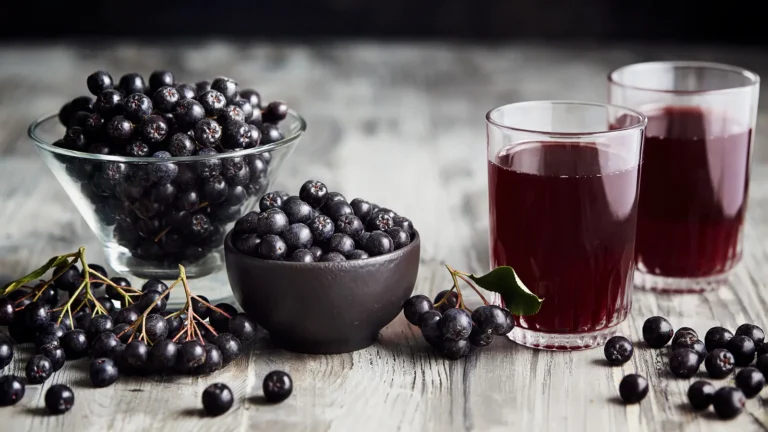Mediterranean diet- “Wonder” of olive oil
Marketed as a wonder of olive oil, the Mediterranean diet had nothing to do with any oil of any sort except in the measure that it can replace butter and lard.
Milos Pokimica
Written By: Milos Pokimica
Medically Reviewed by: Dr. Xiùying Wáng, M.D.
Updated June 9, 2023Good old healthy Mediterranean diet. Marketed as a wonder of olive oil that had nothing to do with oil of any sort whatsoever except in the measure that it can replace even worse choices like a regular saturated fat like butter and lard. That is precisely how even the father of the Mediterranean diet saw it (Keys, 1987). When you go to pubmed.gov and search for a Mediterranean diet, there are about 5000 results. Mediterranean diet is many diets in a lot of different countries. It can be Morocco or Greek or Spain or Italy or some other place.
However, when we talk about the Mediterranean diet what is implied is the diet on the island of Crete in the post World War 2 era. Also, what comes next is a big question: Why was heart disease rare in the Mediterranean? Meaning on the island of Crete after WW2.
In 1948 after the war and socioeconomic collapse, the government of Greece was concerned about malnutrition and the health status of its citizens. They decided to invite the Rockefeller Foundation with the goal of undertaking an epidemiological study on the island of Crete. In 1952 impressed by low rates of heart disease Ancel Keys, the same scientist that was in charge of the Minnesota Starvation Experiment, noted the connection after researching the data between fat and especially saturated fat, and heart disease. Although at that time he did not see cholesterol as the problem because it would mean the animal products are the guilty ones. The connection between dietary fat and heart disease was observed even earlier in the 1930s and was influential on Keys’ work, but data from Crete made him write a paper about it in 1953 and made public addresses. The famous Seven Country Study was to begin five years later in 1958 to investigate Keys’ concerns (www.sevencountriesstudy.com). By the 1960s it was a common belief that saturated fat contributes to heart disease. The Diet of people on the island of Crete was a catalyst for this research later on. In 1970 the Seven Country Study was presented for the first time. Now Keys lived to 100 himself and at the time was not much of the radical as cholesterol confusions would like you to believe. He recommended eating less fat, meaning fat in meat and fat in general like eggs (or at least yolks) and dairy products, and instead of eating more fish and chicken. He considered fruits and vegetables to be just complementary food, and he had cholesterol of around 200. That number is not healthy by a long shot, but he did live to 100. The problem was that he was a doctor from the same system as any other doctor. Arteriosclerosis does not usually happen in an age like cholesterol confusions would like us to believe because of all of the stressful blood flow.
Arteriosclerosis is a disease, not the aging process. We can go and look at arteries and measure the blood pressure of poor people in places like Crete. Keys did not see the real truth about what was real diet on Crete. He thought it was just fat and didn’t see the problem in animal protein. Animal protein correlation was overlooked even in the charts. He muddied the water by pointing just at fat.
However, even that was not good enough. Even that was over the top. In 1966, George Campbell and Thomas L. Cleave published “Diabetes, Coronary Thrombosis, and Saccharine Disease.” They argued that chronic Western diseases such as heart disease, peptic ulcers, diabetes, and obesity are produced by one thing: “Refined carbohydrate disease.” It was a never-ending story. It never stopped to this day. Everything is a lie that is confronted by the opposite lie. Artificially created diet wars and confusion. It was a good design strategy that didn’t change a thing in 70 years except for kipping regular people in disease-causing money making an evil loop of misery. Even in current times, it is the same old manipulation story. In 2001, for example, in the article in Science Magazine entitled “Nutrition: The Soft Science of Dietary Fat”, Gary Taubes wrote:
“It is still a debatable proposition whether the consumption of saturated fats above recommended levels by anyone who’s not already at high risk of heart disease will increase the likelihood of untimely death…or have hundreds of millions of dollars in trials managed to generate compelling evidence that healthy individuals can extend their lives by more than a few weeks, if that, by eating less fat.”
People 70 years later think that the Mediterranean diet is healthy because of olive oil. This is an excellent illustration of a half-truth. Italian restaurants market themselves as a healthy Mediterranean diet cuisine with spaghetti carbonara and alcohol. The death rate from heart disease in Crete at that time was more than 20 times, not 20 percent, 20 times less than in the US. We statistically see this data from places like rural China and Crete and Okinawa and on and on and see that these people’s diet is simple and similar to each other. How much stupidity do we have to have not to see the real story of what is happening? Scientists with a considerable level of education are not the stupid ones. They have six-figure annual income plus bonuses. They are the smart ones. We are not. Nutritional science is not secret deep underground military propulsion system laboratory research. There are no real debates in the field of nutrition, only purposely creating real confusion.
So what did they eat on the island of Crete in the World War 2 aftermath? The answer is the same. No meat, eggs, or dairy. Just poor people’s food like fruit and vegetables, grains, nuts, and legumes. Things that grow locally. In numbers, they ate more than 90% plant-based, and meat, fish, dairy, and egg products combined are about 7%. They did eat some of the olive oil because olives grow in Crete but that is not the olive oil diet. Or the wine diet. There is nothing healthy about wine except grapes. We would be better off just drinking raw grape juice. If we look at Greece today what is it that we think we would find? They have the number 1 score in Europe in child obesity. The Island of Crete included. As soon as the economy improves the meat, cheese, sugar, and alcohol come in a package. And smoking too. Greece has a rate of tobacco consumption above 40%. The Mediterranean diet was not a local-specific Mediterranean diet like Italian cuisine or Greek cuisine or such. It was a poverty diet without meat and eggs, and dairy, similar to diets in all poverty or war-stricken places, and industry does not like to mention this. Heart disease was a rarity in Greece. Was. Not anymore. And even in Crete at times of war, some rich people ate “normally” meaning eating meat every day instead of once in two weeks. Heart attacks were normal for them too, unlike the rest of the common people that were struck by poverty. No one today eats the real Mediterranean diet anymore. The pure Mediterranean diet of today that is predominantly plant-based is not a real whole food diet. It is dominated by white flour, the consumption of oil and salt, and alcohol. In Crete, they did not eat refined white pasta from the factory with a sauce full of extracted oil and bottles of wine. Alcohol is a known breast cancer risk factor even if we disregard inflammation and toxicity. That is not a health-promoting meal. Well, that is not a health-promoting meal if we do not compare it to the even worse standard American meal of today. So yes, the Mediterranean diet is healthier than the regular diet but not as healthy as a real natural human diet. Whole food plant-based diet.
The problem is that regular normal food is not tasty as refined full of salt and oil and sugar so hardly anyone sticks to it. From a young age, children are given all of these chemicals we consider to be food, so we are addicted to them in childhood and have no real baseline anymore for comparison to what real human food is. That is why poor people’s diet works. If we disregard cholesterol and toxins and saturated fats that come from animal products and if we analyze the individual components of diet in Crete, we see that actually, it was not grains that were protective against heart attack. Grains, were more neutral and because they were whole food with fiber they had no effect on obesity or diabetes. Among the individual components in the Mediterranean diet consumption of greens and nuts actually, had most of the effects on lowering cardiovascular disease risk. Vegetarians that eat nuts have a lower risk of cardiovascular disease instead of those who don’t, and there are now a number of studies on this topic also. Here is one (Guasch-Ferré et al., 2013) with the conclusion: “Increased frequency of nut consumption was associated with a significantly reduced risk of mortality in a Mediterranean population at high cardiovascular risk.”
Nuts have high-oil content but also high fiber content, so the oil is not immediately absorbed like fat from meat or refined oil and unlike meat or oil nuts are rich in antioxidants and other phytochemical substances. One more benefit of nuts is that when combining them with greens oil will increase the phytochemical absorption of fat-soluble chemicals that are in already healthy vegetables. We do not have to go low fat and avoid nut and seed consumption and predominantly eat starch. We should eat starch and nuts and all other food in a wide variety possible. So far science has not correlated high seed and nut consumption with any disease including obesity, except in people who have allergies. Just the opposite. They are beneficial in almost any condition. Brazil nuts are full of selenium, and walnuts are protective against cancer, lignans in flaxseed are one of the most protective chemicals against breast cancer and are also full of omega-three oils for brain function. Our ancestors had been eating raw nuts and seeds for a long time. They are our natural food as much as fruits or grains or young leaves or other green leafy vegetables.
The healthy diet is the one we had evolved and adapted to eating. That is it.
References:
- Keys A. (1987). Olive oil and coronary heart disease. Lancet (London, England), 1(8539), 983–984. https://doi.org/10.1016/s0140-6736(87)90337-0
- Guasch-Ferré, M., Bulló, M., Martínez-González, M. Á., Ros, E., Corella, D., Estruch, R., Fitó, M., Arós, F., Wärnberg, J., Fiol, M., Lapetra, J., Vinyoles, E., Lamuela-Raventós, R. M., Serra-Majem, L., Pintó, X., Ruiz-Gutiérrez, V., Basora, J., Salas-Salvadó, J., & PREDIMED study group (2013). Frequency of nut consumption and mortality risk in the PREDIMED nutrition intervention trial. BMC medicine, 11, 164. https://doi.org/10.1186/1741-7015-11-164
Related Posts
Do you have any questions about nutrition and health?
I would love to hear from you and answer them in my next post. I appreciate your input and opinion and I look forward to hearing from you soon. I also invite you to follow us on Facebook, Instagram, and Pinterest for more diet, nutrition, and health content. You can leave a comment there and connect with other health enthusiasts, share your tips and experiences, and get support and encouragement from our team and community.
I hope that this post was informative and enjoyable for you and that you are prepared to apply the insights you learned. If you found this post helpful, please share it with your friends and family who might also benefit from it. You never know who might need some guidance and support on their health journey.
– You Might Also Like –

Learn About Nutrition
Milos Pokimica is a doctor of natural medicine, clinical nutritionist, medical health and nutrition writer, and nutritional science advisor. Author of the book series Go Vegan? Review of Science, he also operates the natural health website GoVeganWay.com
Medical Disclaimer
GoVeganWay.com brings you reviews of the latest nutrition and health-related research. The information provided represents the personal opinion of the author and is not intended nor implied to be a substitute for professional medical advice, diagnosis, or treatment. The information provided is for informational purposes only and is not intended to serve as a substitute for the consultation, diagnosis, and/or medical treatment of a qualified physician or healthcare provider.NEVER DISREGARD PROFESSIONAL MEDICAL ADVICE OR DELAY SEEKING MEDICAL TREATMENT BECAUSE OF SOMETHING YOU HAVE READ ON OR ACCESSED THROUGH GoVeganWay.com
NEVER APPLY ANY LIFESTYLE CHANGES OR ANY CHANGES AT ALL AS A CONSEQUENCE OF SOMETHING YOU HAVE READ IN GoVeganWay.com BEFORE CONSULTING LICENCED MEDICAL PRACTITIONER.
In the event of a medical emergency, call a doctor or 911 immediately. GoVeganWay.com does not recommend or endorse any specific groups, organizations, tests, physicians, products, procedures, opinions, or other information that may be mentioned inside.
Editor Picks –
Milos Pokimica is a doctor of natural medicine, clinical nutritionist, medical health and nutrition writer, and nutritional science advisor. Author of the book series Go Vegan? Review of Science, he also operates the natural health website GoVeganWay.com
Latest Articles –
Plant Based News
-
Is Decaf Coffee Really Unsafe? What You Need To Know
on April 23, 2024
-
How To Make This Gut-Friendly Miso Mushroom Risotto
on April 23, 2024
-
Brazil Is Expanding Its Beef Exports – What Does This Mean For The Amazon?
on April 23, 2024
-
Dairy And Oat Blended Milk Sparks Backlash
on April 23, 2024
-
Try This Spinach Arugula Salad With Candied Pecans And Apples
on April 22, 2024
-
‘Transfarmation’ Stories: The Farmers Switching From Animals To Crops
on April 22, 2024
-
This Start-Up Is Making Iron In Plant-Based Meat Easier To Absorb
on April 22, 2024
Top Health News — ScienceDaily
- Don’t be a stranger — study finds rekindling old friendships as scary as making new oneson April 23, 2024
Psychologists have found that people are as hesitant to reach out to an old friend as they are to strike up a conversation with a stranger, even when they had the capacity and desire to do so.
- Infected: Understanding the spread of behavioron April 23, 2024
A team of researchers found that long-tie connections accelerate the speed of social contagion.
- Researchers create artificial cells that act like living cellson April 23, 2024
Researchers describe the steps they took to manipulate DNA and proteins — essential building blocks of life — to create cells that look and act like cells from the body. This accomplishment, a first in the field, has implications for efforts in regenerative medicine, drug delivery systems and diagnostic tools.
- Innovative microscopy demystifies metabolism of Alzheimer’son April 23, 2024
Using state-of-the-art microscopy techniques, researchers have shed new light on the underlying mechanisms driving Alzheimer’s disease.
- Study compares salmonella rates in backyard, commercial poultry farm sampleson April 23, 2024
Researchers find less Salmonella on backyard poultry farms. But concerns remain about the prevalance of multidrug-resistant bacteria on both large and small farms.
- In the brain, bursts of beta rhythms implement cognitive controlon April 23, 2024
Bursts of brain rhythms with ‘beta’ frequencies control where and when neurons in the cortex process sensory information and plan responses. Studying these bursts would improve understanding of cognition and clinical disorders, researchers argue in a new review.
- Magnetic microcoils unlock targeted single-neuron therapies for neurodegenerative disorderson April 23, 2024
Researchers deploy an array of microscopic coils to create a magnetic field and stimulate individual neurons. The magnetic field can induce an electric field in any nearby neurons, the same effect created by an electrode but much more precise. They used an array of eight coils, which combined can induce electric fields using much less current per coil, and employed soft magnetic materials, which boost the magnetic strength of the coils. The researchers constructed a prototype of their coil […]
PubMed, #vegan-diet –
- What’s cooking? The normalization of meat in YouTube recipe videos consumed by South Asian British Muslimson April 23, 2024
Muslim consumers in the UK eat more meat than the national average. Individuals from ethnic minority backgrounds, particularly South Asian communities, experience poorer health outcomes, including diabetes and cardiovascular disease, associated with meat consumption. According to a YouGov survey, British Pakistani and Bangladeshi consumers use television cookery programs and social media (particularly YouTube) as their main digital sources of dietary information. Against this background, this…
- Nutrition: Micronutrientson April 22, 2024
Micronutrients are nutrients the body needs in small quantities, such as vitamins and minerals. Micronutrient deficiencies can occur when an individual is restricting calorie intake for weight loss or management, not consuming an adequate amount of food to meet energy requirements due to poor appetite or illness, eliminating one or more food groups from the diet on a regular basis, or consuming a diet low in micronutrient-rich foods despite adequate or excessive energy intake. Patient groups […]
- From Tofu to T-Bones: How Vegan and Ketogenic Diets Shape Our Immune Defenseson April 22, 2024
Link et al. conducted a controlled study comparing the impacts of ketogenic and vegan diets on energy intake and immune function in humans. Deep -omics analyses revealed distinct effects of each diet on the immune system, including changes in cell populations and blood transcriptomes indicative of diet-induced shifts between adaptive and innate immunity. The study highlights the potentially significant, rapid impact of diet on immune function and health.
- Vitamin B12 deficiency and neuropsychiatric symptoms in Lebanon: A cross-sectional study of vegans, vegetarians, and omnivoreson April 17, 2024
CONCLUSION: Vitamin B12 deficiency in Lebanon is notably high and is linked to an increased risk of developing depression, generalized anxiety disorder, insomnia, and paresthesia. Vegans/vegetarians exhibit a higher susceptibility to developing depression compared to omnivores, whereas the risk of developing insomnia, generalized anxiety disorder and paresthesia was statistically insignificant when comparing vegans/vegetarians to omnivores.
- Outbreak of Listeriosis Associated with Consumption of Vegan Cheeseon April 17, 2024
No abstract
Random Posts –
Featured Posts –

Latest from PubMed, #plant-based diet –
- Lifestyle Interventions in a Patient Identified as Super-Super Obese With a Body Mass Index of 90.5by Ghadeer Al Ghareeb on April 22, 2024
Obesity is a growing global health concern. Saudi Arabia is experiencing a higher prevalence of obesity compared to the globe. This case report focuses on a 38-year-old female with a body mass index (BMI) of 90.5 kg/m², prediabetes, and obstructive sleep apnea who successfully underwent a lifestyle modification process resulting in remarkable weight loss. The patient’s past unsuccessful attempts at weight loss had left her with a reluctance to try again initially. A multidisciplinary team…
- Mitigating digestive disorders: Action mechanisms of Mediterranean herbal active compoundsby Abdalsalam Kmail on April 22, 2024
This study explores the effects of the Mediterranean diet, herbal remedies, and their phytochemicals on various gastrointestinal conditions and reviews the global use of medicinal plants for common digestive problems. The review highlights key plants and their mechanisms of action and summarizes the latest findings on how plant-based products influence the digestive system and how they work. We searched various sources of literature and databases, including Google Scholar, PubMed, Science…
- Effects of supplementing coated methionine in a high plant-protein diet on growth, antioxidant capacity, digestive enzymes activity and expression of TOR signaling pathway associated genes in gibel…by Yingying Du on April 22, 2024
This study explored the impacts of supplementation of different levels of coated methionine (Met) in a high-plant protein diet on growth, blood biochemistry, antioxidant capacity, digestive enzymes activity and expression of genes related to TOR signaling pathway in gibel carp (Carassius auratus gibeilo). A high-plant protein diet was formulated and used as a basal diet and supplemented with five different levels of coated Met at 0.15, 0.30, 0.45, 0.60 and 0.75%, corresponding to final […]
- Cow milk is an important source of iodine for prenatal health, and switching to plant-based milk can lead to iodine insufficienciesby Hallie Lundquist on April 22, 2024
Iodine insufficiencies are common among many populations, particularly pregnant women. One of the main functions of iodine is making thyroid hormone. The 2 main hormones that iodine influences are triiodothyronine and thyroxine. Thyroid hormone affects metabolism of most tissues. For the average adult, the recommended dietary allowance (RDA) for iodine is 150 µg. During certain stages of life, such as pregnancy, lactation, and infancy, the importance of iodine is even greater as it supports…
- An overview of fermentation in the food industry – looking back from a new perspectiveby Shahida Anusha Siddiqui on April 22, 2024
Fermentation is thought to be born in the Fertile Crescent, and since then, almost every culture has integrated fermented foods into their dietary habits. Originally used to preserve foods, fermentation is now applied to improve their physicochemical, sensory, nutritional, and safety attributes. Fermented dairy, alcoholic beverages like wine and beer, fermented vegetables, fruits, and meats are all highly valuable due to their increased storage stability, reduced risk of food poisoning, and…
- Nutrition: Macronutrientsby Cynthia Cheng on April 22, 2024
Macronutrients are nutrients the body needs in large quantities, such as fats, carbohydrates, fiber, protein, and water. The exact quantity of macronutrients needed for an individual depends on multiple factors such as height, weight, sex, physical activity level, and medical conditions. For adequate intake, the Dietary Guidelines for Americans, 2020-2025 (DGA) recommend an overall healthy eating pattern rather than specific macronutrient amounts. A healthy eating pattern includes consumption […]





